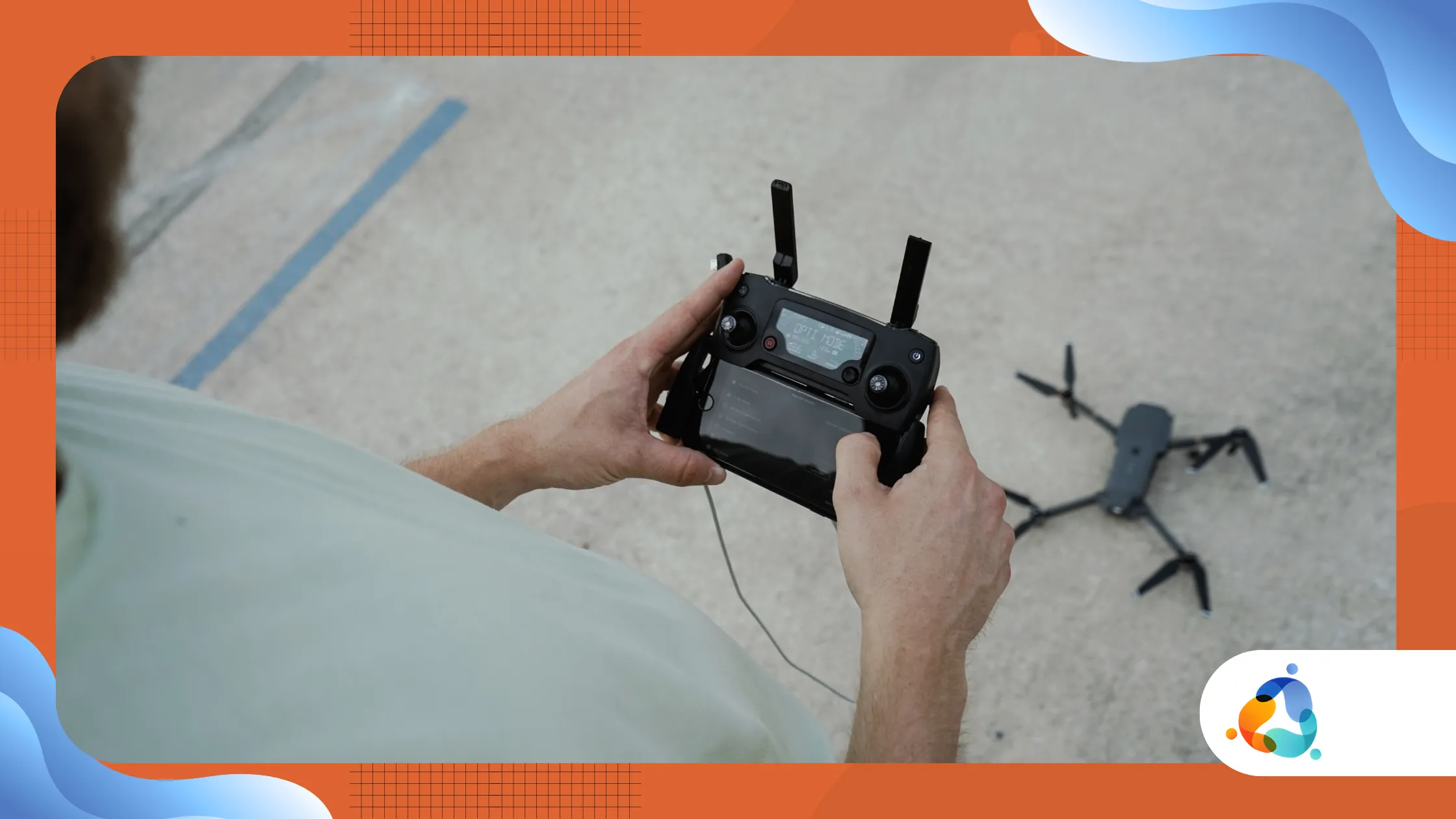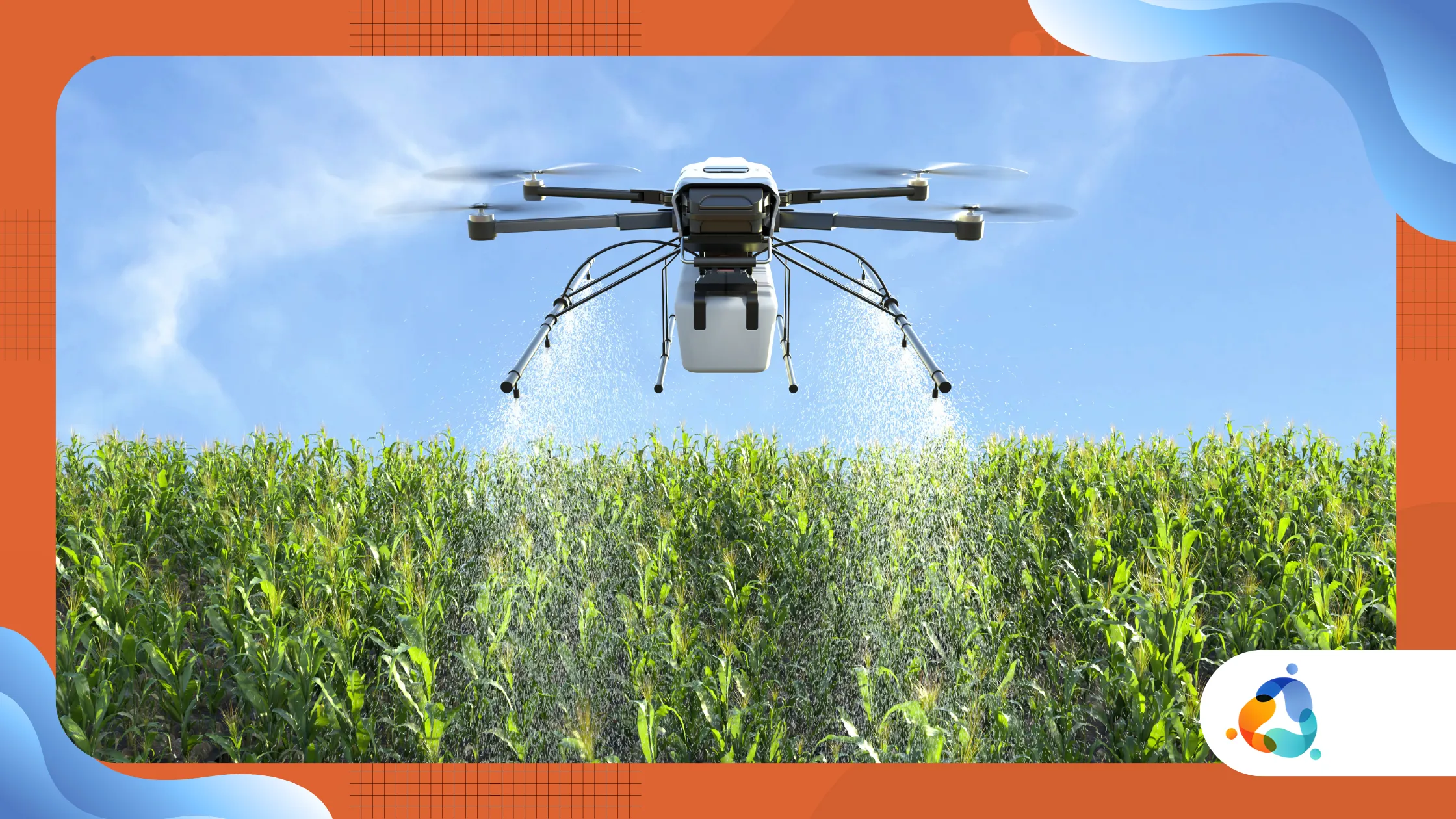Drones for personal use: what is permitted by law in Brazil

Advertisements
Understand the rules for using drones for personal use in Brazil is crucial for any enthusiast or future owner.
The National Civil Aviation Agency (ANAC), the Department of Airspace Control (DECEA) and the National Telecommunications Agency (ANATEL) are the regulatory bodies.
Flying a drone as a hobby is an exciting activity, but freedom has clear limits. The main rule is to fly for fun, not for profit, and always in safe areas.
Keeping your distance from people and property is crucial to avoid accidents and legal issues. It's like driving a car: you can't go around without obeying traffic laws.
Classification and Registration of Drones (Brazilian Airspace Security)
Drones are categorized according to their weight, and this classification defines the requirements. Lighter models require less hassle to fly.
Drones weighing over 250 grams must be registered with ANAC. This registration is digital and relatively simple for most users.
Advertisements
DECEA oversees airspace, ensuring that drones don't interfere with larger flights. No-fly zones, such as airports, are strictly controlled.
See how interesting: Is MEI entitled to labor benefits?
It's vital to consult DECEA apps and maps before each flight. Disregarding these zones can lead to serious consequences, including criminal charges.
The Issue of Privacy and Image: ANATEL Approval and Security

Capturing images with drones raises privacy concerns. Filming people without their consent in private or intimate places is prohibited.
A clear example: don't film your neighbor's backyard, even if your drone is in public space. Invasion of privacy is a serious offense.
Read also: Residential solar panels: how to monitor consumption via cell phone
Every drone must have its battery approved by ANATEL. This certification ensures that the equipment will not interfere with other communications.
Buying drones from reliable sources, which already have this certification, avoids headaches. Illegal products can have unpredictable performance.
Mandatory Insurance for Larger Drones
Drones weighing over 25 kg require mandatory civil liability insurance.
Although it is not the focus of the drones for personal use, it is good to know this rule.
Explore more: 10 Tips to Protect Your Smartphone from Hackers and Malware
This measure protects against damage to third parties in the event of an accident, something that can happen even to experienced pilots.
Maximum Height and Flight Times
The maximum height permitted for recreational flights is 120 meters (400 feet) above ground level.
Flying above this may invade controlled airspace.
Flying drones at night is restricted and requires specific authorization from ANAC. For personal use, it is generally only permitted during the day.
Maintenance and Good Flight Practices
Regular drone maintenance is just as important as knowing the laws.
Checking propellers, battery and software prevents unexpected failures.
See more: Drone legislation in Brazil: learn the most important points
A safe flight starts with equipment in good condition. Don't underestimate the importance of pre-flight checks, just like you do before taking off on an airplane.
Uncomplicated Legislation: What You Need to Know
To facilitate understanding, ANAC provides guides and online courses. They detail the rules in a way that's accessible to the public.
| Drone Category | Weight | ANAC Registration | ANATEL Approval | Mandatory Insurance |
| Class 3 | Up to 250g | No (recreational use) | Yes | No |
| Class 2 | 250g to 25kg | Yes | Yes | No |
| Class 1 | Over 25kg | Yes | Yes | Yes |
This table simplifies the main requirements for different categories. Note that drones for personal use generally fall into classes 3 and 2.
An example of responsible use would be filming a family event in a private space, with everyone's consent.
Flying over a crowded music festival without authorization would be a huge risk and illegal.
It may seem like a lot of information, but the gist is simple: respect the rules, protect others' privacy, and fly safely. Who doesn't want to enjoy technology without worry?
After all, regulations are intended to protect both the rider and society. They don't exist to prevent fun, but to ensure it happens in an organized manner.
You drones for personal use They offer unique perspectives and unforgettable moments. But, like any powerful tool, they require knowledge and caution in their use.
Drones for personal use: Conclusion
The popularization of drones for personal use brought with it the need for clear and effective regulation in Brazil.
ANAC, DECEA and ANATEL work together to ensure safety and order in the airspace, protecting privacy and minimizing risks.
For the user, the key is knowledge and responsibility.
Understanding the categories, the need for registration and approval, airspace restrictions and privacy rules is essential.
By following these guidelines, the recreational pilot ensures not only legal compliance, but also their own safety and that of others.
Drone technology is fascinating and accessible, but its use must be guided by civic awareness and respect for established regulations. Fly smart, fly within the law.
Frequently Asked Questions about Drones for Personal Use
1. Do I need a license to fly a drone for personal use in Brazil?
A formal license is not required to fly recreational drones, but registration of the equipment with ANAC is mandatory if it weighs more than 250 grams.
2. Can I fly my drone anywhere?
No. There are restricted areas such as airports, prisons, and military bases. It's crucial to consult DECEA maps to verify permitted zones.
3. What happens if my drone crashes and causes damage to someone or property?
The pilot is responsible for any damage caused. In cases of negligence or irregular flight, administrative and civil penalties may apply, as well as, in more serious cases, criminal implications.
4. Can I film events or people with my drone?
Filming people in private or intimate places without their consent is prohibited. At public events, filming is generally permitted, but always respecting people's privacy and safety.
5. Where can I find more information about drone legislation in Brazil?
The most complete and up-to-date information can be found on the official websites of ANAC (National Civil Aviation Agency), DECEA (Department of Airspace Control) and ANATEL (National Telecommunications Agency).